I have become like broken pottery.
Ps. 31:12
At age 23, soon to be married, I lay under a mosquito net sobbing. No one in the training school I was attending in Bangalore could even begin to understand or provide comfort. Unfortunately, my devotional time fanned the flames of my despair. A Bible verse from the Psalms had touched a raw spot and provided a seemingly perfect metaphor for my life: “I have become like broken pottery.” With tears flowing down my face, I could picture the shards on the floor. Triangular, jagged edges and curves of the base of the vessel providing identity clues to what it once was…
but is no more…
and never would be again.
What do you do with a broken pot, mug, or dish? You sweep up the pieces and throw them away.
That is what you do.
Still very new to India, I felt completely useless. At home I could drive around, grocery shop, take my car to a repair shop to have the tires changed. I could pay bills and graduate from college. I knew how to do everything a young adult needed to do, and I didn’t have to be under a mosquito net at night, take a cold bucket shower, or eat rice at every single meal. Without language skills, without knowledge of how to survive without American luxuries (such as washing machines, microwaves, and toilet paper), I could do very little on my own and felt like an insecure, maladjusted child.
All these cultural transitions were all the harder due to my physical limitations. It looked so easy for everyone else to squat down in the bathroom, wash their clothes by hand, wrench the water from the clothes, carry the heavy basket of wetness up the stairs to the terrace, and hang it on the line. Not me. It seemed impossible, and I couldn’t even bring myself to try. So, I did the typical American thing and paid someone else to do it for me.
One day I was assigned the job of peeling garlic. It took an embarrassingly long time to peal about 5 cloves. An Indian friend stopped by, took pity and skillfully peeled the translucent sticky skin off the garlic in a split second to show me how to do it. “Hmmmm…. Wait, can you do that again in slow motion??”
Everyone else in the training school seemed so happy and carefree, chattering away in multiple languages that I couldn’t even identify, scrubbing out huge cooking vessels, cutting vegetables, all while squatting.
My goodness, these people like to squat.
Shame washed over me while I continued to peel garlic in my own painfully slow way. What in the world was I doing here? I should give up and go back to a place where accessibility features helped people like me maintain their dignity and preserve their independence.
I used to be able to squat. After my rehabilitation from my spinal cord injury (1992), I had even mastered this magnificent feat…on my feet. Ruefully, I think about the last time I remember squatting. In Maryland, I was completing an occupational therapy internship at a mental health facility (1999). I worked in the gardening department, and each morning we would stand in a circle and do some warmup movements to get our blood flowing. Squatting was one of those movements. Shortly after that, I broke my right knee by falling off a horse attempting a jump. It was a very low jump—don’t be too impressed. Atticus, the big, beautiful warmblood, stumbled when he landed, and I rolled off over his shoulder, hit the bone-dry ground on my right leg, twisted, and heard the shattering of my tibia…right below the knee.
Darn. No more squatting for me.
Ever.
My good leg was now my bad leg.
“I have become like broken pottery.”
After the emotional release of identifying so completely with discarded shards of pottery while crying under a mosquito net, God opened my mind to the rest of the metaphor he wanted to use to shape my way of thinking. God does not let us be smashed to bits just so he can sweep us up with his divine broom and toss us into the abyss. A series of images began to unfold in my mind. The breaking is not where the story ends. God rebuilds.
When I tell people the story of my life, I use this series of images to represent the times when my life was smashed and then rebuilt into more decorative, attractive, and even transparent vessels. The simple clay pot that represents my early life no longer exists. God has reformed me, transformed me, and made my life complex, layered, and beautiful. Bigger and better. I love giving my testimony this way because it could be anyone’s testimony. God specializes in rebuilding broken lives. That is my story and the story of the whole Bible.
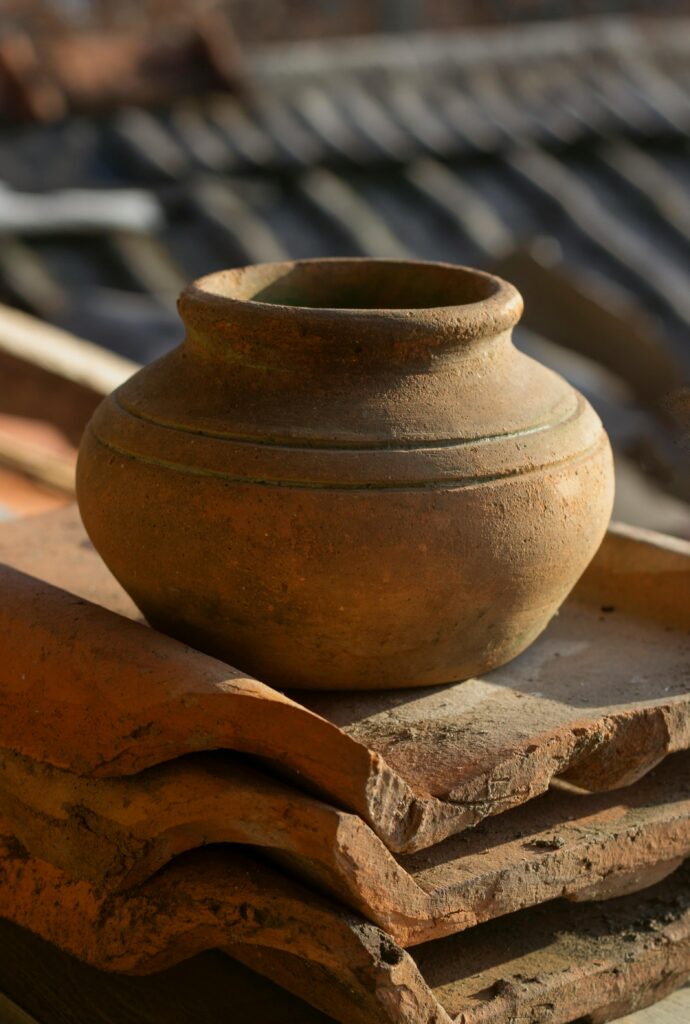
This basic clay pot represents my early life…
before things got complicated!
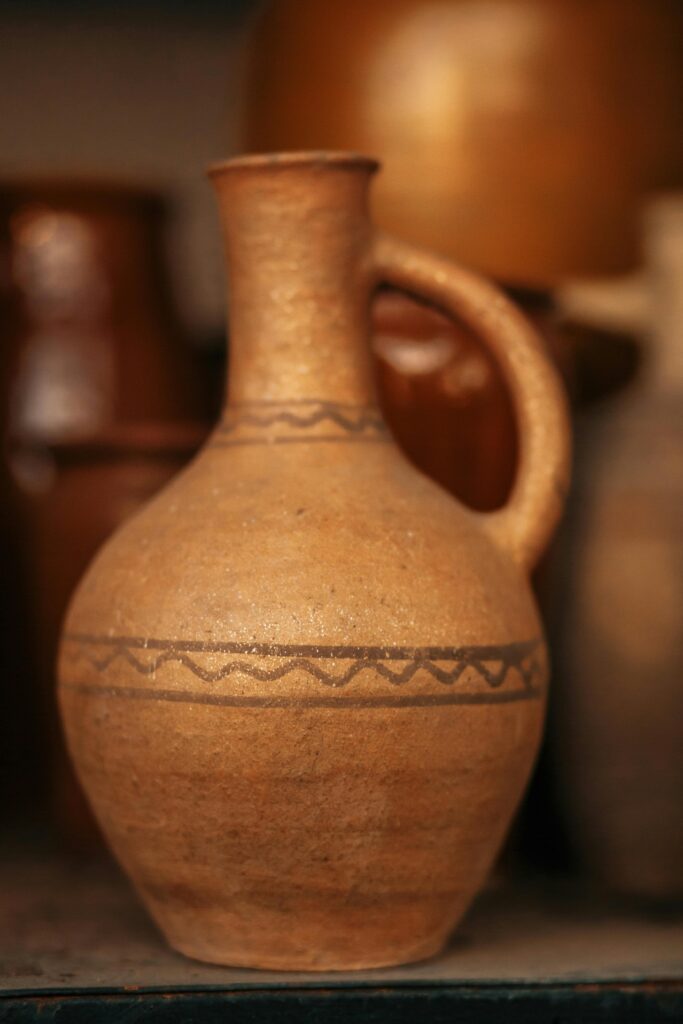
After the first breaking (1992), with the help of loved ones, therapists, and friends,
God rebuilt me. I’m a little more complex now: more shape, more features.
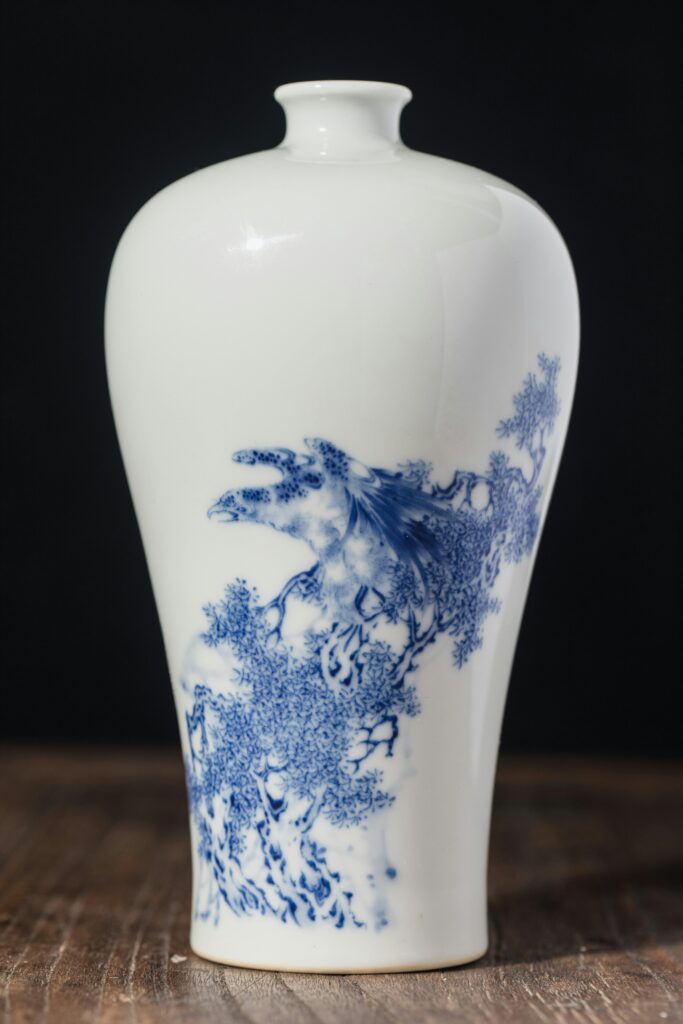
After some more education, a few international adventures,
as well as more breaking (1999), God continued to develop me.
This time there is a beautiful call on my life.
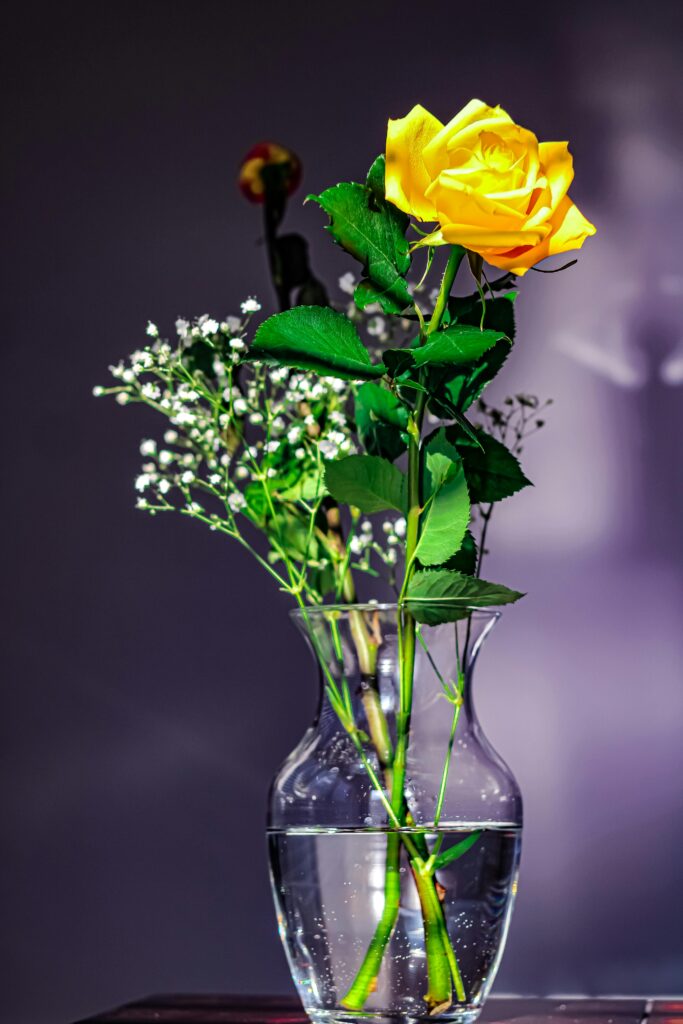
After the loss of our daughter Emma Lynn (2009),
a shattering experience my husband Jose and I walked through together,
there is nothing left to hide.
Life is simplified and our capacity, and need, to hold beauty enlarged.
One of the most attractive features of our God is his willingness to identify with us when we are broken and useless. He comes down to our level, meets us there—just as we are, in our state of destruction—and gives us the chance to work with him in our own rebuilding process (Ps. 103:4). He will always be present and available anytime we need built back together.
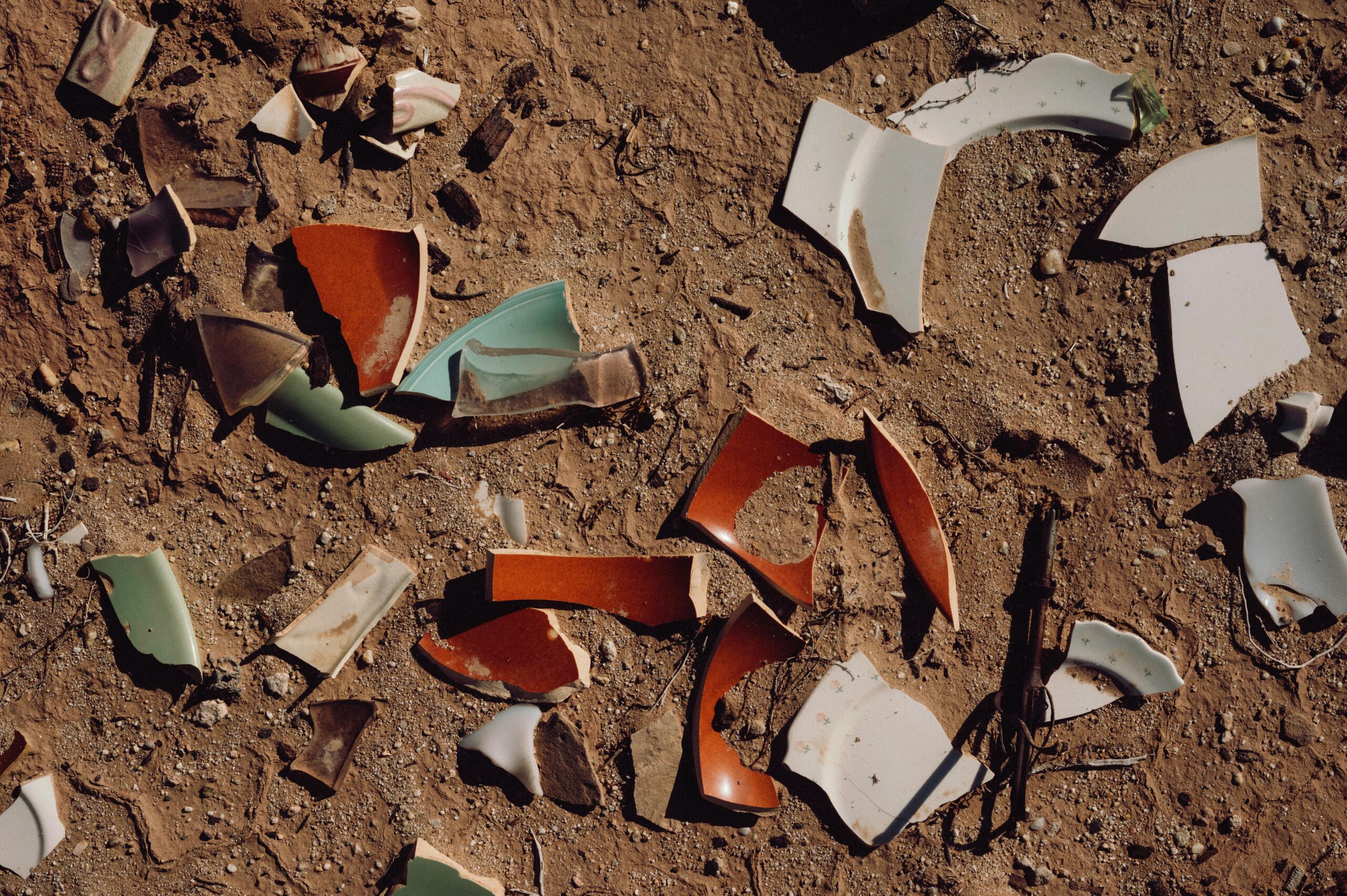
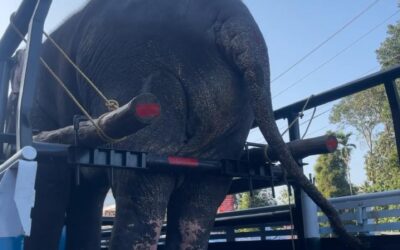
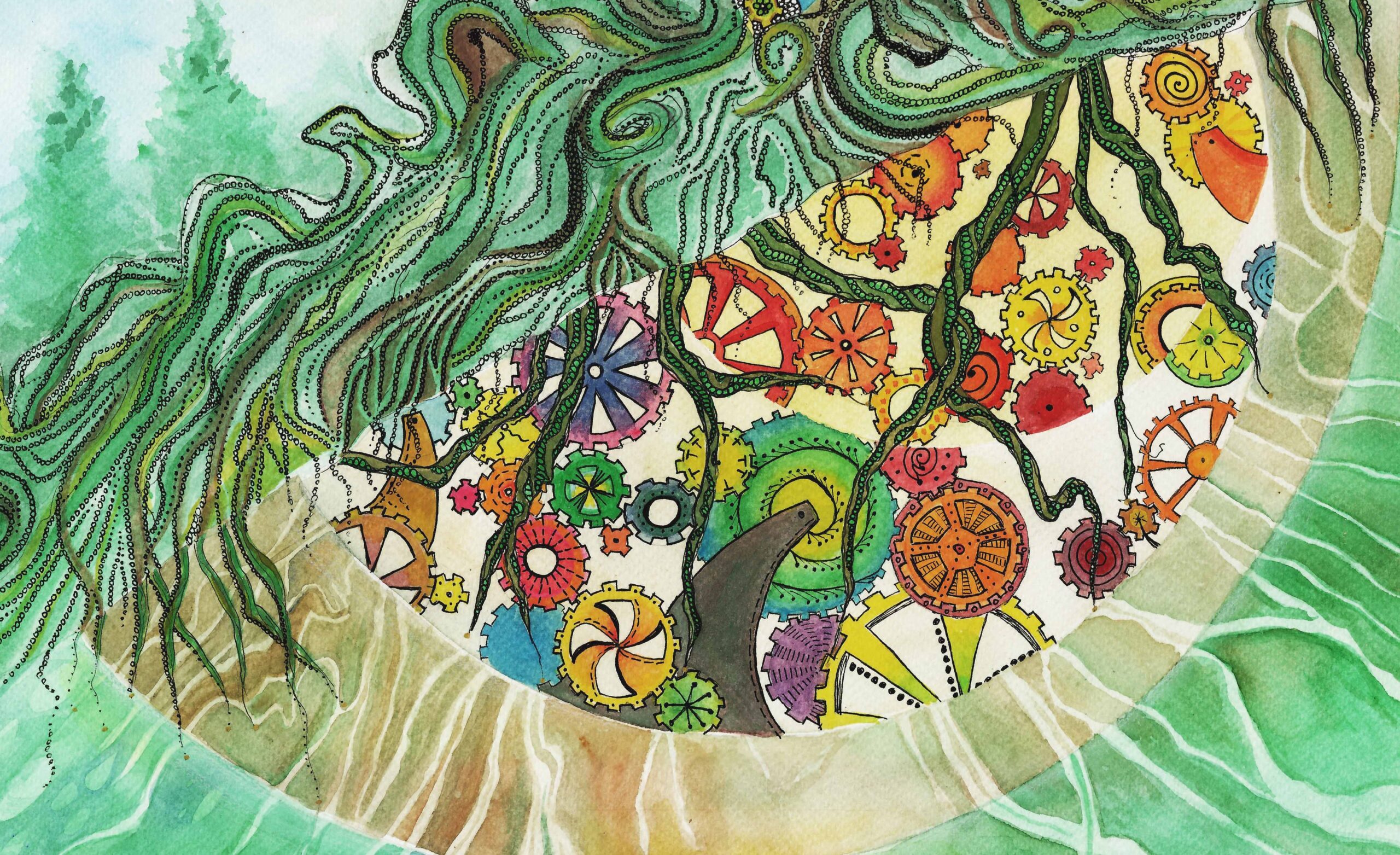
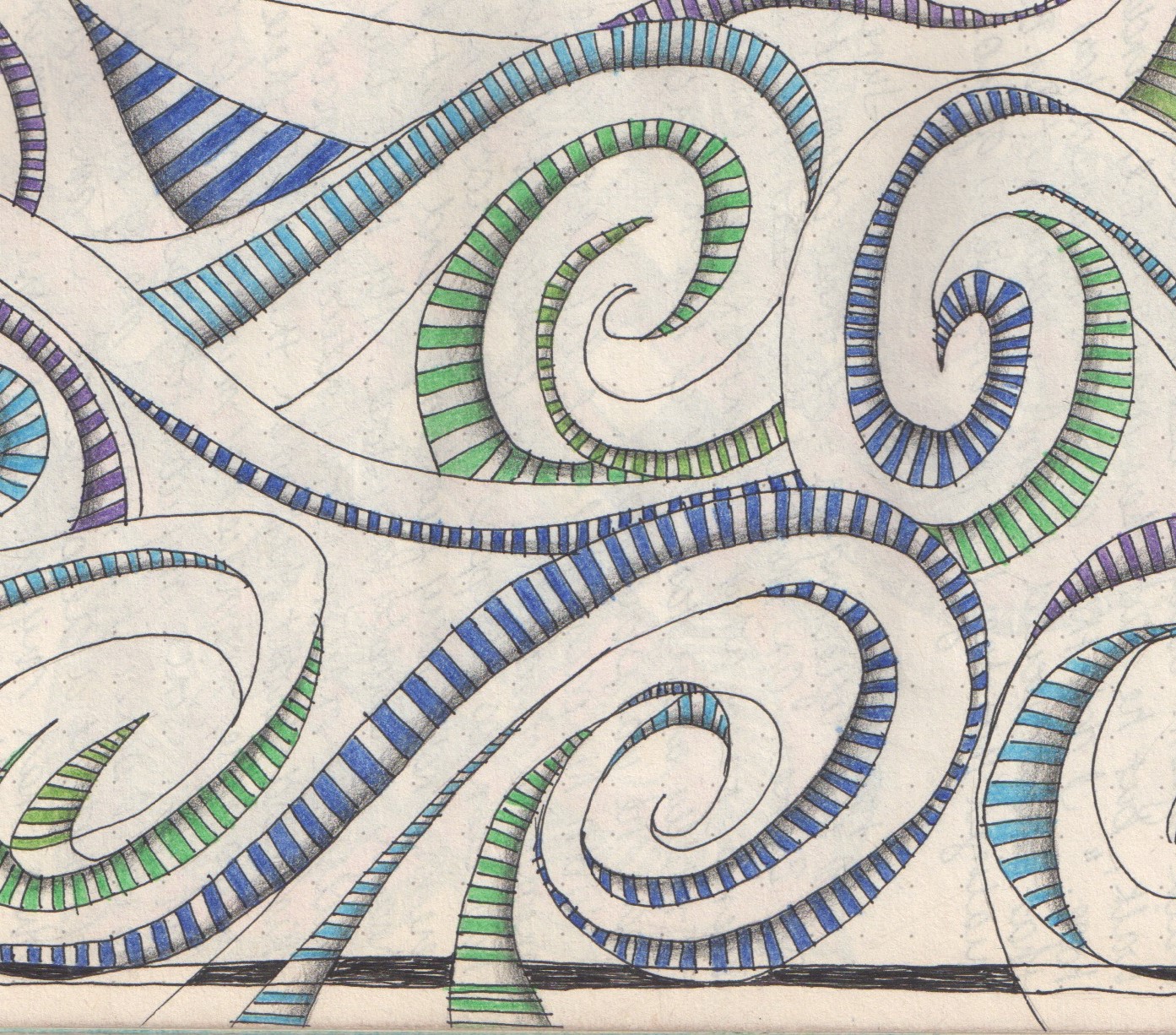
0 Comments